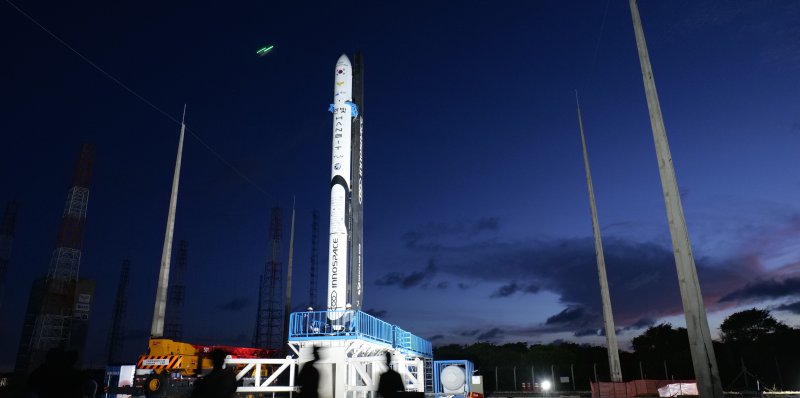The launch of the HANBIT-TLV rocket by the South Korean company Innospace, which took place on March 19, also marked the debut of the new Rocket Launch Panel (PDD-200) at the Alcântara Space Center (CEA).
Developed by the Brazilian company Concert Technologies, the equipment is an evolution of the 1st Fire Panel, approved by NASA in the 1990s, and has the function of authorizing the ignition of space vehicles, after making sure that all the necessary conditions for launch were satisfied.
The expectation surrounding the triggering equipment was high, since the authorization to start the procedure was being done manually, generating great tension for the responsible team due to the risks involved in this type of activation. Concert was already in the process of completing the PDD-200 when, in January, it received the challenge of adapting the system to allow integration with the Innospace launch.
“We were honored with the challenge and, in the following month, we delivered the equipment already with the requested solution”, highlighted the president of Concert Technologies, Ângelo Fares.
The entire project was modernized, making it compatible with other launch systems through the application of a signal pattern, which can be adapted to the needs of companies that intend to launch their CEA rockets. In addition to reducing the size and weight of the panel, aiming at greater comfort and agility in displacement and installation, the PDD-200 also increased the reliability of the system, eliminating external points of possible failures.
The biggest challenge, according to Fares, was to reconcile the CEA requirements with the maintenance of the operating philosophy enshrined in the aerospace sector, which is characterized by maintaining projects that have already been tested and approved. “All the electronics that implement the logical chain of the decision to launch (Go/NoGO) were executed using the logic of relays, exactly as in its predecessor, while the parameterization, control, operational supervision and communication with the other CEA systems was modernized, using state-of-the-art technologies”, he points out.
The Fire Panel is a fundamental system for the safety of launch operations. Based on physical and logical interlocks, it guarantees that the launch will only occur under ideal conditions. The PDD-200 uses state-of-the-art technologies, such as an ARM architecture processor, Gigabit Ethernet communication and electronic and mechanical designs, fully developed with 3D CAD/EDA tools and SMD electronic assembly using Industry 4.0 precepts.
“This system is the last link in the rocket launch chronology control system. In this way, no rocket is launched without passing through it and, in the case of Brazilian rockets, it is actually responsible for the ignition. Therefore, it is a fundamental system for the safety of everyone involved in the operation and for the success of its launch stage”, explains the president of Concert.

